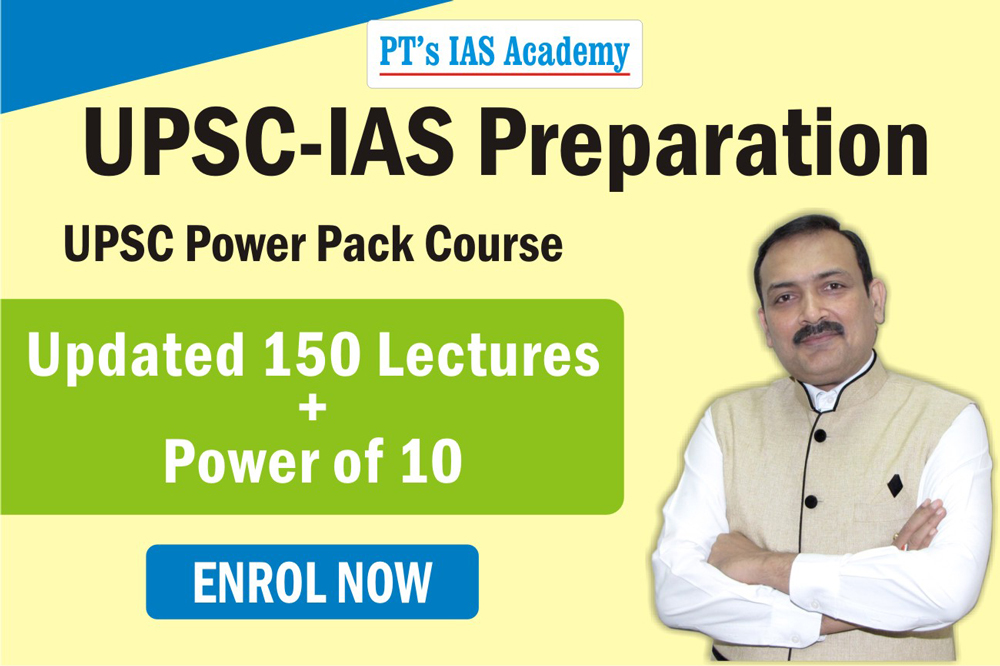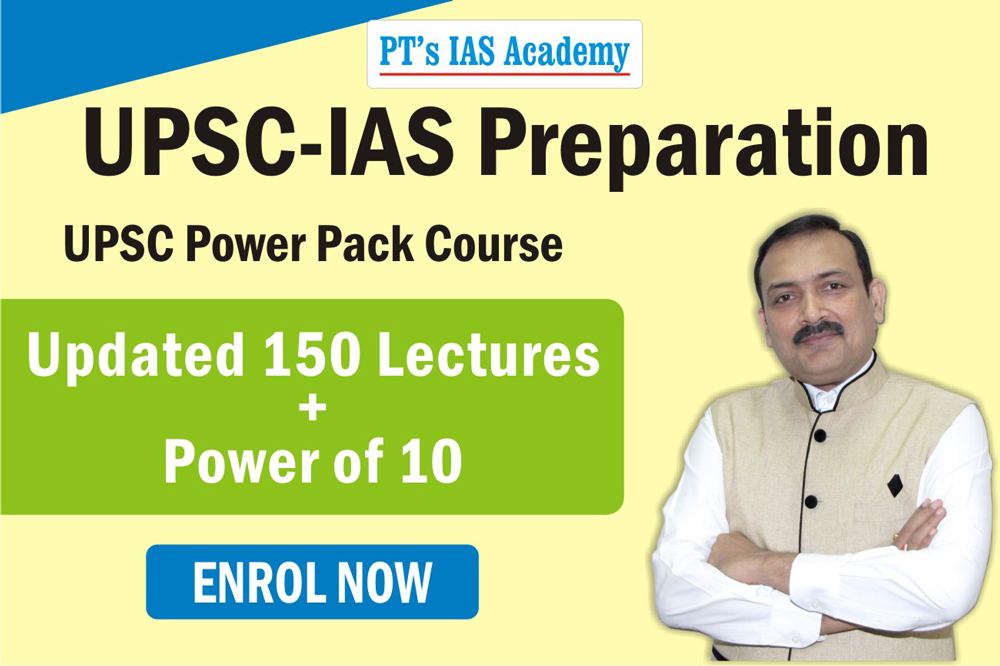Useful updates from all around the world
- LinkedIn dumps China: The software giant Microsoft decided to pull its professional networking site LinkedIn from China, making it the last major U.S. social network to leave China amid a crackdown on online expression. LinkedIn cited “a significantly more challenging operating environment and greater compliance requirements” in China as the impetus behind the move. It thus follows Facebook and Twitter (both blocked since 2009) out of the country as China’s online regulator forces a choice between playing ball with Beijing or exiting entirely to avoid the hassle. Increasingly harsh penalties, including prison time, for internet users posting comments critical of the Chinese government has made doing business particularly arduous for the social network. LinkedIn’s troubles in China came to the fore in March '21, when it paused new Chinese sign-ups and was given 30 days by China’s internet regulator to better police content on its platform. The pressure led LinkedIn to block the profiles of several activists and academics from being viewed in China, regardless of whether they were residents or not. Microsoft's search engine Bing is still available in China, where Google is not. The West and China are continuing to diverge on the previously shared space of the world wide web.
- Helping Afghans: The PM called for the international community to provide Afghanistan with immediate and unhindered access to humanitarian assistance. In Afghanistan, banks are running out of money, civil servants have not been paid and food prices have soared, leaving millions at risk of severe hunger. The country is struggling with drought and severe poverty following the decades of war. The U.S. has frozen the reserves of Afghanistan making the situation vulnerable, and the Taliban government’s refusal to allow women to work and stopping girls from schooling have complicated the issue. The UNHCR has published a report that states that half the population in Afghanistan (more than 20 million people) are in need of lifesaving humanitarian assistance. An estimated 270,000 Afghans have been newly displaced inside the country since January 2021. The number of civilian casualties has risen 29 per cent during the first quarter of this year compared to 2020. The UN has received only 35% of the funds needed for its relief operations. The EU has already committed $1.15 billion for Afghanistan and neighbouring countries where refugees have fled. The U.S. and China pledged $1.1 billion at a donor conference in Geneva last month.
- End of Abenomics: Japanese Prime Minister Fumio Kishida offered veiled criticism of the “Abenomics” pursued by his two predecessors and hinted at a new economic direction for the world’s third largest economy in his first interview with Western media since taking over from Yoshihide Suga. Kishida said he hoped to usher in a “new form of capitalism” that would raise incomes across Japanese society.
- Living the high life: Syrian President Bashar Al Assad’s cousin Ali Makhlouf, the son of Syrian business tycoon Rami Makhlouf, was spotted in Los Angeles driving a $285,000 Ferrari sportscar despite apparently not having a job and having a father on a U.S. sanctions list since 2008. Makhlouf was captured on video by chance after he was ambushed by Daniel Mac, an Instagram star popular for a series in which he approaches sportscar drivers to ask what they do for a living. Makhlouf initially stumbled over Mac’s questioning, eventually deciding that he is working an “internship,” and adding hastily that the Ferrari is a rental.
- Death of A.Q. Khan of Pakistan: Abdul Qadeer Khan, the nuclear scientist who helped develop Pakistan’s nuclear bomb, died. For many Pakistanis, he was a great hero—up there with founding leader Muhammad Ali Jinnah and revered philanthropist Abdul Sattar Edhi. Islamabad gave him the honor of a state funeral—despite the fact that he also shared nuclear secrets with North Korea, Iran, and Libya. Khan’s death highlights the issue of who gets to be a hero in Pakistan and who doesn’t. Malala Yousafzai, who survived an attack by the Pakistani Taliban to become a global advocate for girl’s education and Nobel Peace Prize laureate, is despised by ultra-nationalist Pakistanis. Abdus Salam, a Nobel Prize-winning physicist, was disowned by his own country because he was a member of the Ahmadi religious minority.
- U.N. agrees to help Rohingya refugees: The United Nations announced a new deal with Bangladesh to support Rohingya refugees on the island of Bhasan Char. This marks a turnaround for the U.N., which had previously echoed the views of human rights groups that the island was unfit for habitation due to insufficient infrastructure and vulnerability to flooding. The U.N. changed its position after Bangladesh made major improvements to the island, including new schools, hospitals, and sea walls. The deal is a boon for Dhaka, which is keen to counteract international criticism of its democratic backsliding and human rights record. However, some Rohingya refugees have said conditions on the island remain insufficient.
- India-China border tensions: Negotiations between Indian and Chinese army commanders last weekend failed to resolve ongoing tensions along the countries’ disputed border, where a deadly clash took place in 2020. Although recent months have seen some troop disengagements, many soldiers remain deployed—and given the outcome of the Sunday talks, Indian and Chinese troops will likely hunker down along the frontier as brutal winter weather sets in. The two sides continue to engage in dialogue, reducing—though not eliminating—the risk of a new provocation. Any future conflict could escalate rapidly, given the bad blood between the two sides after experiencing their deadliest clash in several decades.
- EXAM QUESTIONS: (1) Explain how the world can help the Afghans seeking aid. (2) Why is the India-China border dispute not getting resolved quickly? (3) In what way is the idea of the internet different, for America and China? Explain.
#ForeignAffairs
* Content sourced from free internet sources (publications, PIB site, international sites, etc.). Take your own subscriptions. Copyrights acknowledged.




















COMMENTS